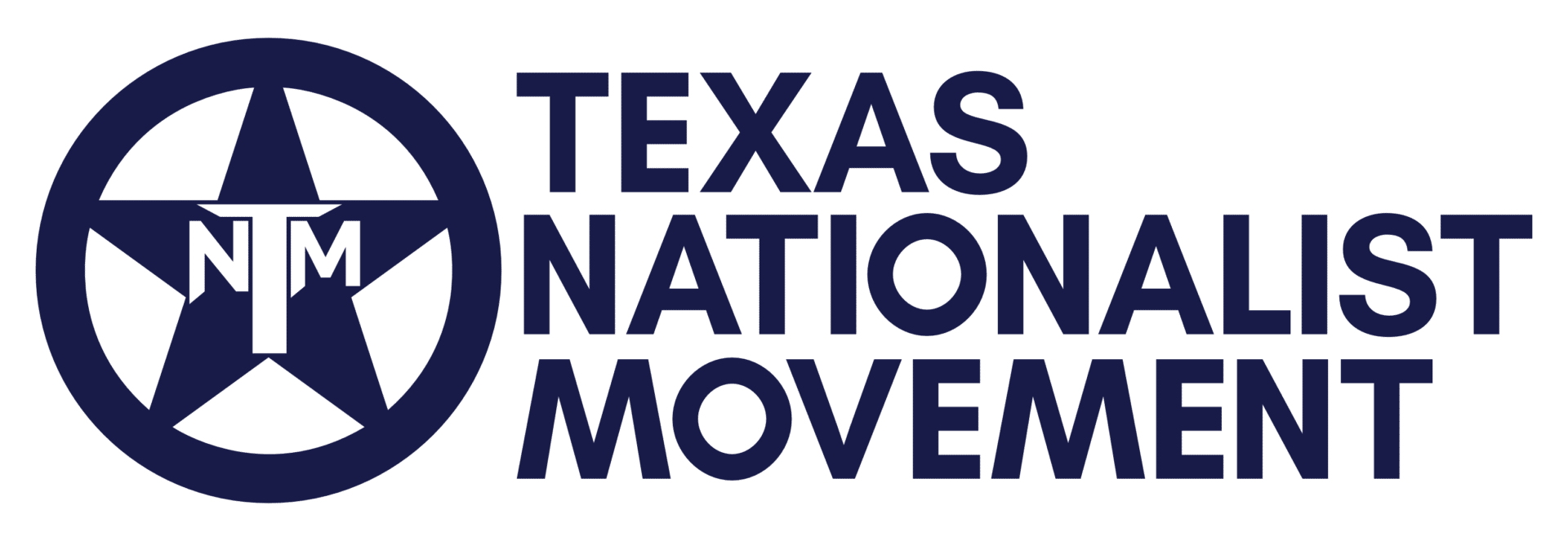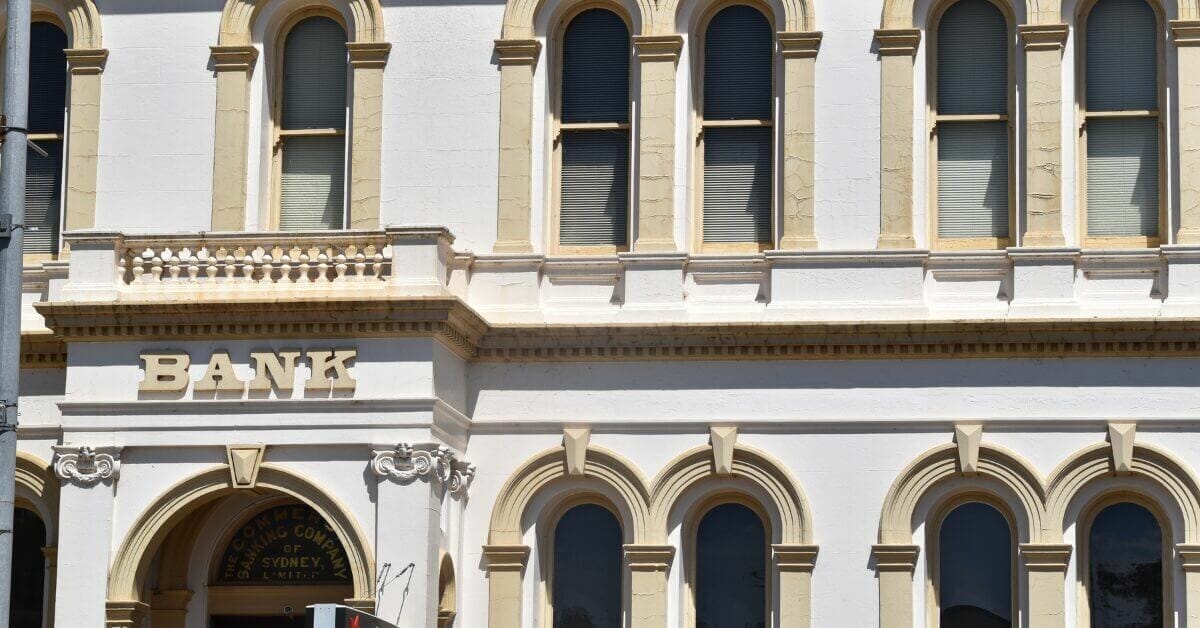Banking institutions are already covered by a regulatory regime that makes for a smooth transition during Texit. Existing federal law already allows foreign banks to operate in the United States through a direct banking office or a nonbanking representative office. Foreign banks also run standard consumer retail banks with their deposits insured by the Federal Deposit Insurance Corporation (FDIC), just like domestic banks. In fact, many large U.S. banks are owned by foreign banks.
In 2015, Bauer Financial, a Florida-based research firm, compiled a list of banks in the United States that are at least 25 percent foreign-owned, and identified 44 different banks operating in the United States. This list included the familiar full-service retail banks Compass and HSBC with 688 and 246 branches respectively.
Conversely, the State of Texas currently allows non-Texas banks to operate in Texas. In fact, Texas goes out of its way to ensure that operating a bank in Texas is as attractive as possible. Article XVI, Section 16(c) of the Texas Constitution provides that Texas-chartered state banks have the same rights and privileges that are or may be granted to national banks of the United States domiciled in Texas. This clause essentially gives banks an option to operate under a charter from the United States or from the State of Texas operating under the oversight of the Texas Department of Banking.
In July 1999, then-Governor George W. Bush signed a bill into law that formally opened Texas to interstate bank branching. The bill made Texas bank charters one of the most attractive in the United States to conduct banking business. The bill included what was called the “super parity” provision, which provides a framework for a state bank chartered in Texas to conduct any of the activities allowed by any other insured state or federal financial institution anywhere else in the United States. This provision increases the value of existing state charters and increases Texas’ appeal as a central location from which to conduct nationwide banking activities. In contrast, there is no “super parity” provision available to so-called national banks.
With the existing laws and regulations already in place, both in Texas and in the United States, banking is likely one of the areas that will be least affected by a Texit.





Login to leave a comment